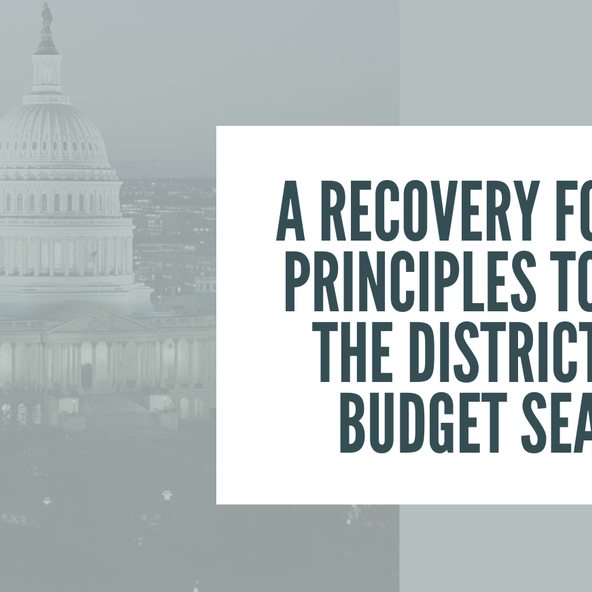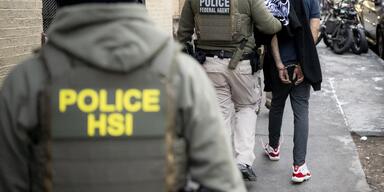
Next week, we will reach a key point in the District’s response to the ongoing COVID-19 pandemic. On May 12, the Mayor will release her proposed budget for Fiscal Year (FY) 2021, beginning the process of determining funding levels for agencies across the District Government. Since our fiscal year starts in October and extends through September 2021, the Mayor’s proposed budget will not only shape the District’s continuing emergency response to COVID, but just as importantly, define how we recover from it.
Given the worrying news we have been hearing about the state of the District’s economy, including projected declines in local tax revenue, there will inevitably be pressure from some quarters to balance the District’s budget through austerity – to cut our way to economic safety. Indeed, we recognize that both the Mayor and the Council have some tough decisions ahead of them as they confront a new and rapidly-evolving fiscal reality.
However, we also recognize that a COVID-19 recovery that leaves behind already struggling communities – including low-income District residents, black and brown residents, immigrants, and residents struggling with homelessness – is not truly a recovery at all. If certain communities experience a less substantial recovery – as happened in the aftermath of the Great Recession – we risk seeing the continued growth of the same social and economic forces – including entrenched economic inequality and the displacement of longtime black residents – that have dominated the life of the District for many years and made members of these very communities particularly vulnerable during this pandemic.
A true recovery must be one that all District residents experience. Therefore, we urge the Mayor, and ultimately, the DC Council, to focus on two principles as they shape the District’s budget for the coming year:
1. The budget must close gaps that continue to leave members of our community especially vulnerable to the type of economic and health crisis we are going through right now; and
2. The budget must ensure that, as we move from immediate crisis response to figuring out how to re-open and recover, we take steps to remedy previously existing inequality and prevent displacement.
The first principle is crucial to keeping us strong through a pandemic that isn’t likely to go away any time soon. The second principle will help ensure that our recovery doesn’t exacerbate economic forces that were already marginalizing thousands of District residents and forcing many out of the District entirely.
As this health emergency has unfolded, Legal Aid has spent a lot of time thinking about what a just and equitable recovery looks like, including some initial recommendations for FY21 budget priorities. These recommendations represent a combination of fixes for long-standing problems that have left us vulnerable and suggested responses to some of the new realities that we face. Just like our policymakers, we will continue to think about ways the District Government can better serve our client community, and you will be seeing more from us as events unfold. However, we believe that these recommendations represent a starting point for how we ensure that the District’s COVID-19 response and recovery does not leave communities behind. In our next two blogs, we will lay out our recommendations designed to implement these principles: (1) preservation of the safety net of income support and health insurance; and (2) protection against further displacement due to foreclosure, eviction, and high rents.




